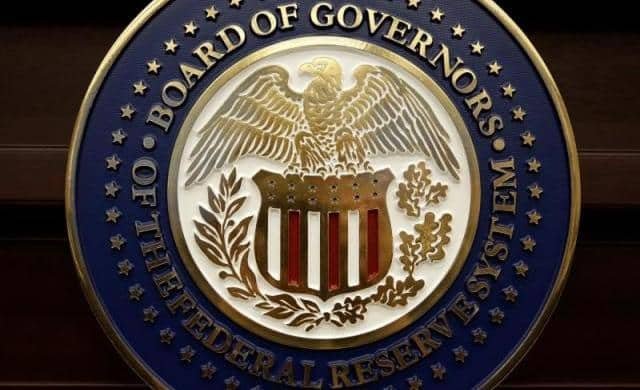The Fed, led by Chairman Powell, will very likely resist any effort by the White House to pressure it into halting rate hikes. However, it is hard not to sympathize with the argument that higher interest rates are causing the USD to become very strong, with the major possibility of becoming even stronger, which will make the US economy less competitive in global markets and unable to reduce its trade deficit.
How can the Fed reconcile this problem and the same time address a crucial inflationary issue, namely housing prices, that could easily destabilize financial markets in the future?
Clearly, the US housing market is showing many signs of overheating and labor shortages are constraining home new supply. Of course, not every area’s prices is surging, but this excuse was widely utilized in 2006-2007 to justify the Fed taking no action to prevent the bubble. Also, there is the rationale that affordability is higher than in that period, but this is primarily due to low interest rates, which are feeding this incipient bubble. Does the Fed want to make the same mistake again and let the housing market run free? Definitely not.
The Fed should kill two birds with one stone by reducing its rate-hike path and instead more rapidly decreasing MBS on its balance sheet. This should entail no reinvestment of MBS maturities or prepayments and selling long-dated holdings.
This would push up mortgage rates, which would restrain housing inflation and, thus, overall inflation via higher rents and labor cost pressures. It would also not worsen the US fiscal balance like many more rate hikes and reducing US Treasuries would, especially as the run-off of such is poised to accelerate further to a peak of $30BB per month after September. This strategy would restrain the economy and increase its stability.
As the Fed should currently desire. As mentioned earlier, it would be much better for the purposes of preventing USD strength. There may be some Fed staff who prefer a stronger USD for some reason, but I have not heard of such, nor any convincing reason why the strategy described above is not a better one.
It is likely at this weekend’s gathering in Jackson Hole that the path of balance sheet reduction will be discussed.
Several FOMC members are known to have major concerns about having MBS on the balance sheet and the great majority of them would prefer to have a “clean” balance sheet of just US Treasuries, but they are probably afraid of a large MBS market decline.
However, high quality income paper is highly desired in the market, so any decline would be easily contained to a moderate one. In sum, Jackson Hole could be a perfect opportunity to push for this new path.

Comments are closed.